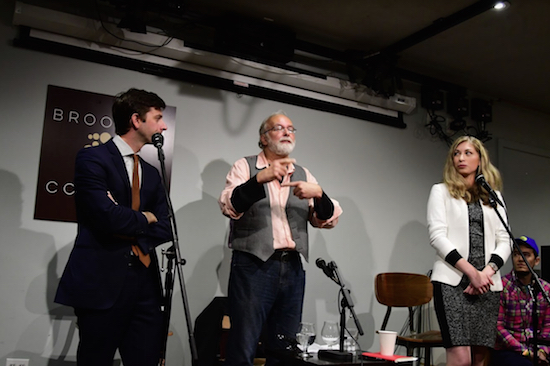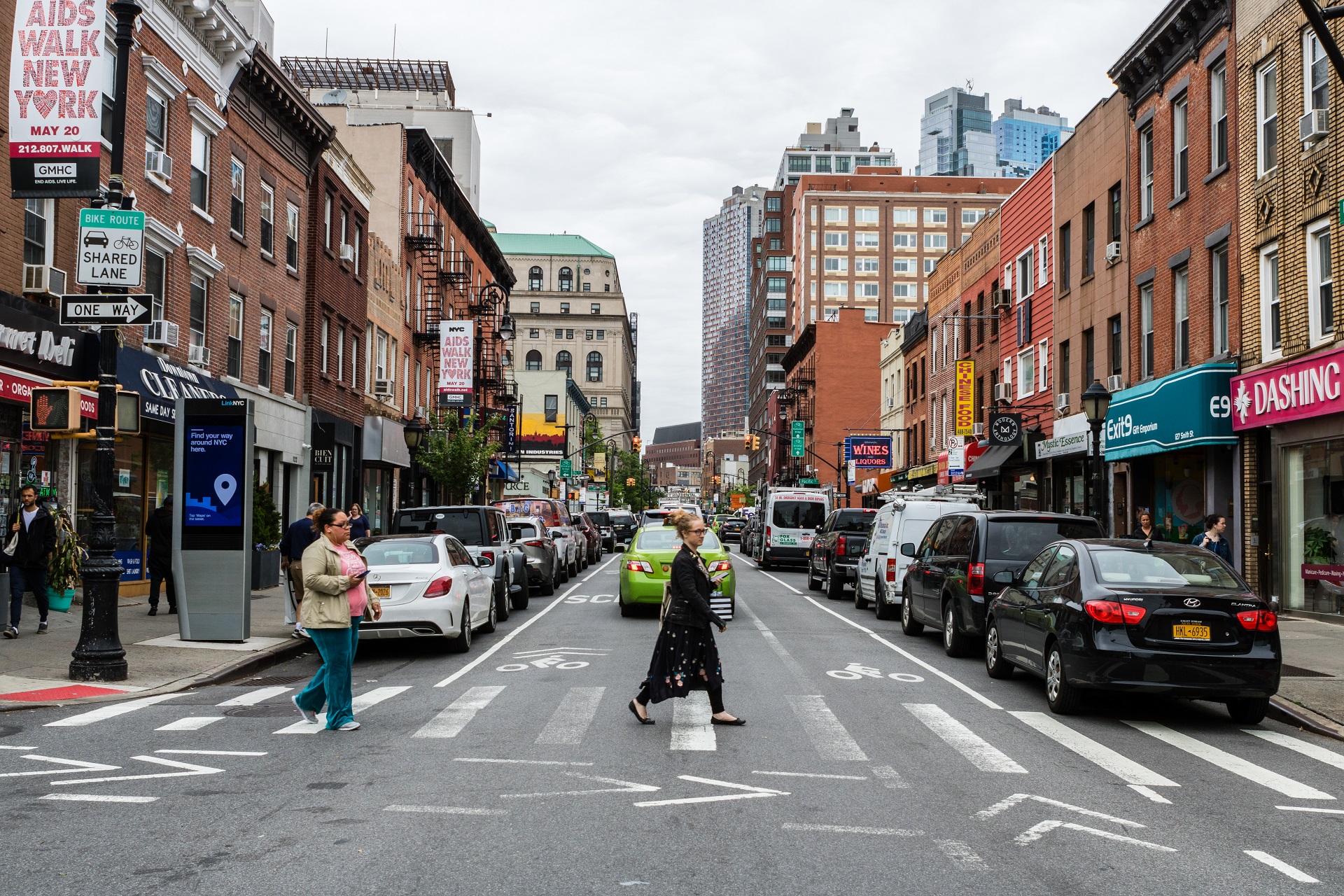New York City Council District 33 candidates Levin, Cambranes debate in Boerum Hill
Freshman Politico & Creator of Progress for All Party Scores Against Incumbent Before Local Audience

A daylong, torrential downpour failed to keep Brooklynites from gathering at the Commons Cafe on Atlantic Avenue in Boerum Hill on Sunday to witness the first debate between City Councilmember Stephen Levin (D-Downtown-Heights-Williamsburg-Greenpoint) and challenger Victoria Cambranes.
“After the last general election, when Hillary lost,” said Cambranes, “I thought it was important for me to come home [from where she had been living in England] … And when I did, I saw there were many problems. I got involved initially to improve the safety of our streets. I contacted the [Department of Transportation], City Council and state Assembly. I warned them that if they didn’t do something, somebody was going to die on those streets. And that is exactly what happened. That is what spurred me to run.”
